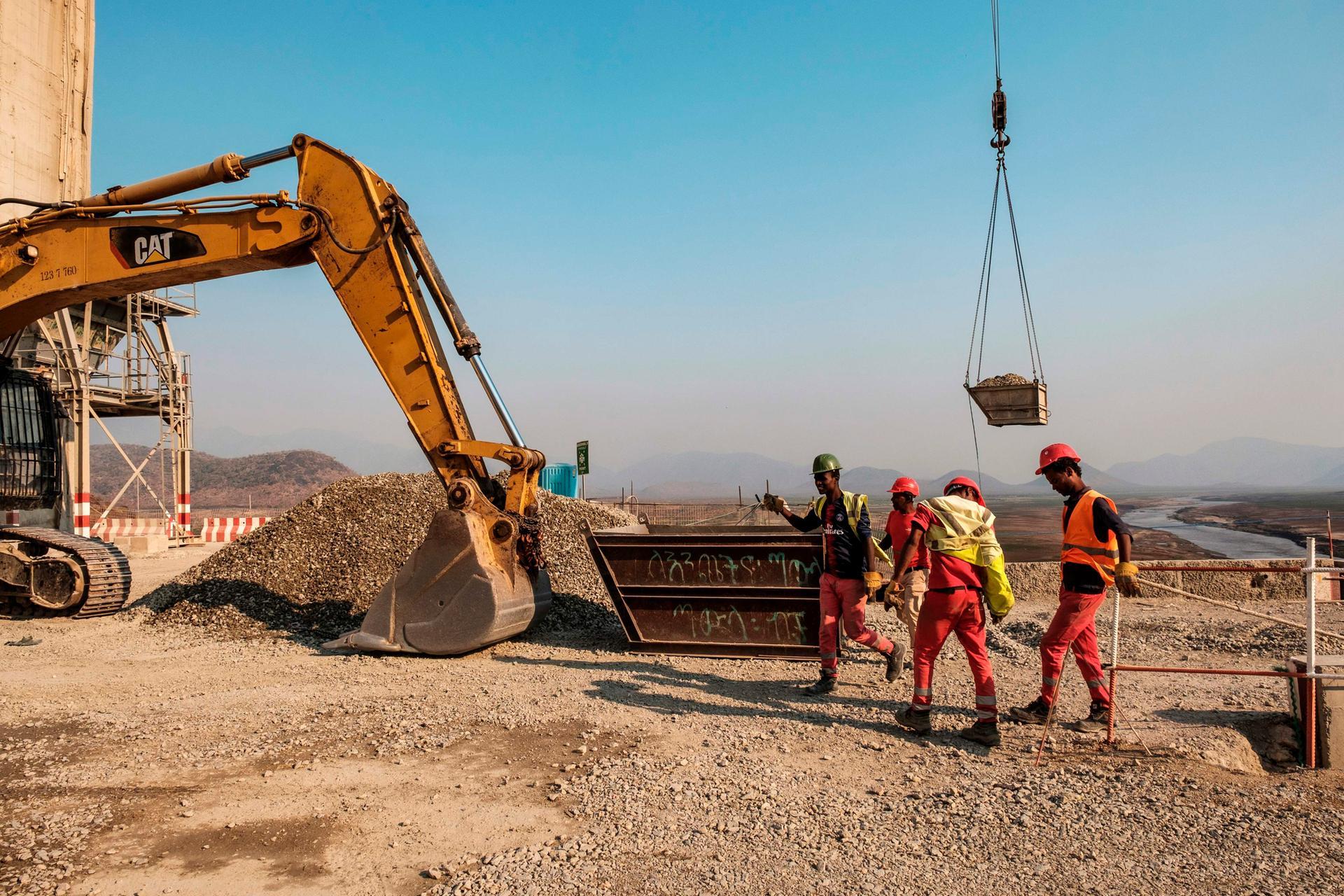Labour Day (May 1)
Overview:
Date of Celebration: Labour Day in Ethiopia is celebrated annually on May 1. Known locally as "International Workers' Day", it is dedicated to recognizing the contributions of workers and advocating for their rights and better working conditions.
Significance: This day is part of a global celebration of the labor movement's achievements and serves as a reminder of the struggles faced by workers. In Ethiopia, Labour Day emphasizes the progress made in labor rights while urging ongoing reforms. It honors the vital role of workers in national development and underlines the importance of fair labor practices across all sectors.

Historical Context:
Global Labour Day:
Labour Day originated in the United States in the late 19th century, particularly after the Haymarket affair of 1886. In response to labor protests for an eight‑hour workday, workers around the world began observing May 1 as a day to celebrate labor rights and demand improved working conditions.
Ethiopia’s Labour Day History:
Ethiopia’s celebration of Labour Day is closely linked to the global labor movement and the influence of socialist policies during the Derg regime (1974–1991). Under the Derg, Labour Day became an official public holiday and a symbol of the government's commitment to workers' rights. Even after the fall of the Derg in 1991 and the establishment of the Federal Democratic Republic of Ethiopia, Labour Day has continued as a day of solidarity for workers from all sectors.
Cultural and National Significance:
Celebrating Workers' Contributions:
Labour Day in Ethiopia is a moment to acknowledge the contributions of workers in various sectors such as agriculture, manufacturing, services, and education. It is a day to honor the hard work that drives the country’s development and economic progress.
Solidarity Among Workers:
The day serves as an opportunity for workers to come together in solidarity, emphasizing the importance of collective action in addressing issues like fair wages, workplace safety, and social equity.
Raising Awareness for Workers’ Rights:
Labour Day in Ethiopia also acts as a platform to spotlight ongoing challenges such as insecure jobs, unsafe working conditions, and other labor rights issues. It calls on the government and employers to continually improve standards and ensure fair treatment for all workers.
A National Day of Reflection:
Besides celebration, the day is a time for reflection on the struggles faced by workers, prompting discussions on how to overcome challenges like low wages, long hours, and inequality.
How Labour Day is Celebrated in Ethiopia:
- Public Celebrations and Parades:
In major cities such as Addis Ababa, Labour Day is celebrated with parades and marches. Workers, labor unions, and government officials participate in these events, showcasing solidarity and raising awareness for workers' issues. These parades feature displays from various sectors including agriculture, industry, and services, along with cultural performances that highlight Ethiopia’s rich labor history.
2. Speeches and Addresses:
Government officials, union leaders, and labor rights activists deliver speeches emphasizing workers' contributions to national development. They also discuss current challenges in the workforce and push for reforms, with an eye toward improving employment conditions and reducing inequality.
3. Community and Workplace Observances:
In many workplaces, particularly within larger organizations and government offices, employees are given a day off to participate in Labour Day celebrations. Some companies host internal events such as workshops, staff lunches, and team-building activities. Community groups and local unions also organize regional meetings to address labor issues specific to their areas.
4. Cultural Events and Entertainment:
Labour Day is often accompanied by cultural events, including music concerts, traditional dances, art exhibitions, and film screenings that focus on workers' lives and struggles. These events serve to honor the dignity of work and the resilience of the labor force, while also promoting a culture of unity and creativity.
5. Demonstrations and Advocacy:
Workers and union representatives sometimes organize peaceful demonstrations or rallies to advocate for better wages, safe working conditions, and enhanced social protections. These activities, held in public spaces, also call attention to issues such as child labor and gender disparities in the workplace, reinforcing the need for ongoing reform.
Labour Day's Role in Modern Ethiopia:
Promoting Workers' Rights:
The day continues to be an important platform for advocating workers' rights, reminding both the government and employers of the necessity for fair labor practices amid economic challenges.
Highlighting Gender and Equity Issues:
Labour Day offers an opportunity to address gender inequalities in the workplace, particularly for women, who often face wage disparities and limited career advancement opportunities.
Youth Employment and Job Creation:
With Ethiopia's significant youth population, Labour Day also emphasizes the need for job creation and the development of new employment opportunities that are fair and sustainable.
Economic Development:
In the broader context of Ethiopia’s economic growth, the holiday serves as a reminder that true development must include improvements in labor rights and the well-being of the working population.
Conclusion:
Labour Day in Ethiopia is more than just a celebration; it is a day of reflection and advocacy for the rights and well-being of workers.
It offers an opportunity to honor the contributions of workers, address ongoing challenges in labor conditions, and push for reforms that promote justice, equity, and human dignity.
Labour Day is an essential part of Ethiopia's social fabric, symbolizing the nation's commitment to safeguarding workers' rights and promoting a fair and just society.